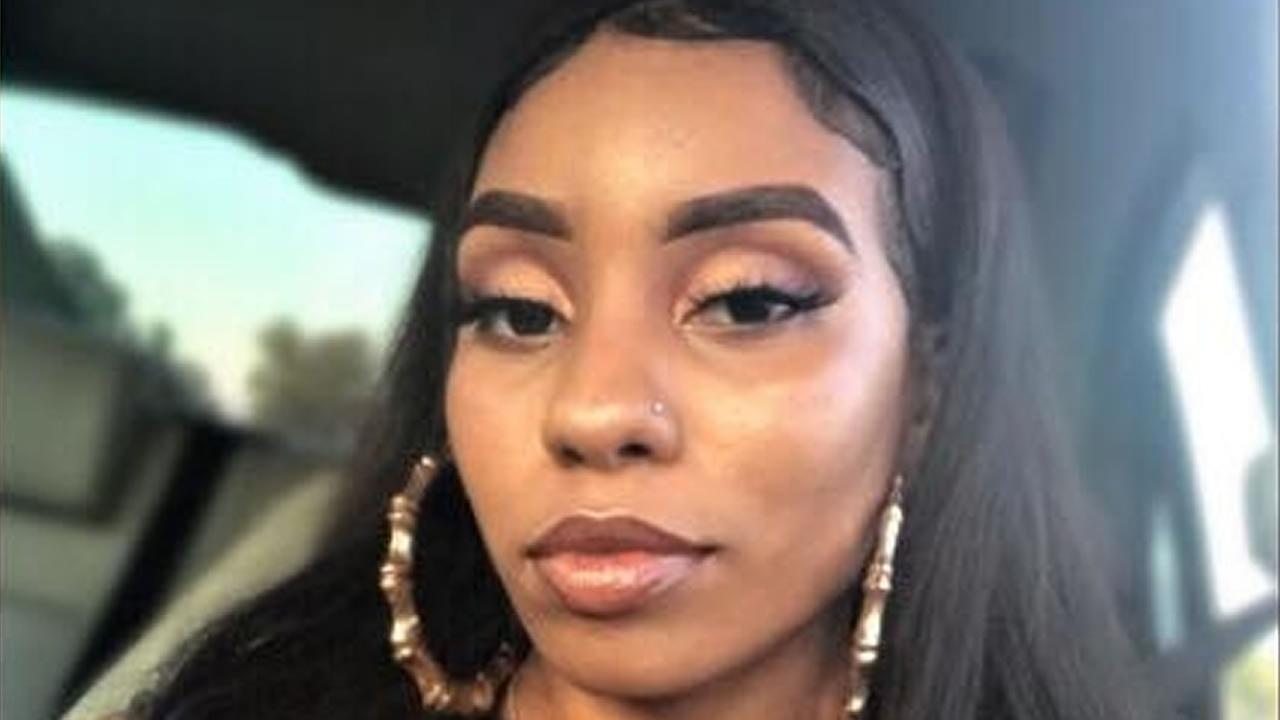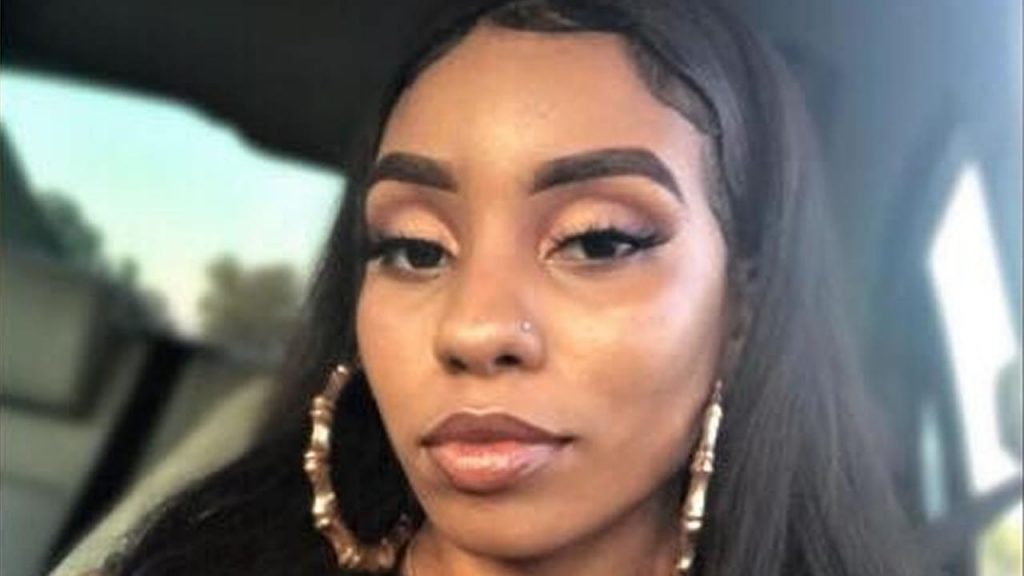Something I can’t stop thinking about: Latifa Wilson, describing her last moments with her 18-year-old sister Nia Wilson who was stabbed and killed by John Lee Cowell on Sunday:
“She’s just yelling my name, ‘Tifah, Tifah, Tifah,’ and I said, ‘I got you, baby, I got you. Just calm down,’ because she has real bad anxiety.”
Amid the pain and horror of the attack, yet another reminder of what it means to be a black woman in America, a part of me couldn’t stop thinking about the significance of the panic, the trauma of what the Wilson sisters experienced, and the panic, the trauma that all black women experience.
I couldn’t stop thinking, also, about what it means to be a black woman living with mental illness, with depression and anxiety, and how incidents like Nia’s death are not symbolic of this experience but rather concrete evidence of the fact that to be a black woman in the world is to hold, somewhere deep in the pit of your stomach, a sense of fear, a knowing that at any moment your dignity or your safety or your life could be compromised.
So many black women and femmes know the stress, as Eve Ewing put it on Twitter, of walking home at night and “feeling the danger from all sides.”

We know the feeling deeply and intimately, just as we know the feeling of being the “only one” in an office or classroom of white faces, just as we know the feeling of our demeanor being misconstrued as threatening or aggressive, just as we know the feeling of having to“keep it together” for our spouses, our children, our families because nobody else can (or will), just as we know the feeling, the psychic stress, of being a black woman in a world that is burning (and has always been burning, despite what some may think) and that doesn’t seem to care about you.
We know the feeling, but so many of us do not have a name for what we are experiencing. And when you cannot name the thing that torments you, it makes the thing all the more terrifying.
I think for black women, mental illness takes on so many confusing shapes because we often designate ourselves as caretakers, as fixers, as keepers of all the shitty parts of life. That’s why we’re so “strong,” or why we have to be. From generation to generation, we’re made to feel as though for every experience of trauma we’ve experienced, there’s another one around the corner, so we need to stay vigilant.
Mental illness manifests itself in many ways, and it affects everyone uniquely. But meditating on the murder of Nia Wilson, a murder that left me once again clinging to the familiarity of my bed, I believe that for me, my fear of being in the world, of taking up space, is deeply tied to being a black woman. And I’m trying to understand that.
I know it isn’t a coincidence that my mental health, which has never been particularly great, began to take a nosedive after the election. I think many of us, regardless of gender or sexuality or race, have felt this.
Depression may take root in your head, but it’s compounded and intensified by the realities of everyday life. I grew up with a mother who was in a constant state of worry, of fear, and I know that fear found its way to me, because these things are heritable ― just like the hypertension and heart issues that run in my family, that led to my mother not long ago being on the brink of death because her heart, one day, just stopped beating.
That’s what it feels like, sometimes. Like my heart has stopped beating.
Very recently, I did not leave the one-bedroom apartment that I share with my partner for 27 days straight. The farthest I ventured out of the safe orbit of my bedroom was the front steps of our building, where I’d wait anxiously for a delivery person to hand me some food so I could retreat within my bubble again.
I counted, this time, but there have been many streaks of self-seclusion over the course of my life, sometimes longer than 27 days, when I’ve struggled with the idea of existing in the world and, as a solution, have chosen to retreat from it altogether.
“I’m her protector, and I feel like I didn’t protect her.”
And I don’t really know what to do with it all, except to give a name to what torments me. My blackness is not the problem. The problem is the constant specter of white supremacy, the reality of it, the fact that I’m made to feel like I’m crazy because it makes me feel crazy, the fact that I must fight to exist as it continues to exist and nobody (but me, but other black women) seems to care.
There’s this narrative that black people don’t believe in mental illness, that many throughout the diaspora were raised to pretend doesn’t exist. But there’s another narrative of denial, the one in which white people pretend that white supremacy does not exist, that it has no bearing and no impact on all of our lives.
When people who have lived in war zones experience trauma, depression, PTSD, no one questions why. That war is hell, that it manifests itself in the human psyche in all kinds of horrible ways, is an accepted fact.
But in America, we’re not allowed to blame white supremacy, a material force in the lives of its black citizens that has produced a war and an ongoing terrorist campaign — sometimes state-sponsored — against them. To point to white supremacy as the thing fueling the flame of spiritual and mental illness is to point to the phantom that nobody will engage with, that nobody with any real power in this country will admit exists.
So we figure out ways to cope. Sometimes it’s retreating from the world. Sometimes it’s hardening yourself to the world, mistaking a near-constant sense of fear for something creeping toward normalcy. I know we deserve more. I know, for damn sure, that Nia Wilson did.
I want her to rest in more than peace, more than power. I want her to rest in freedom.

